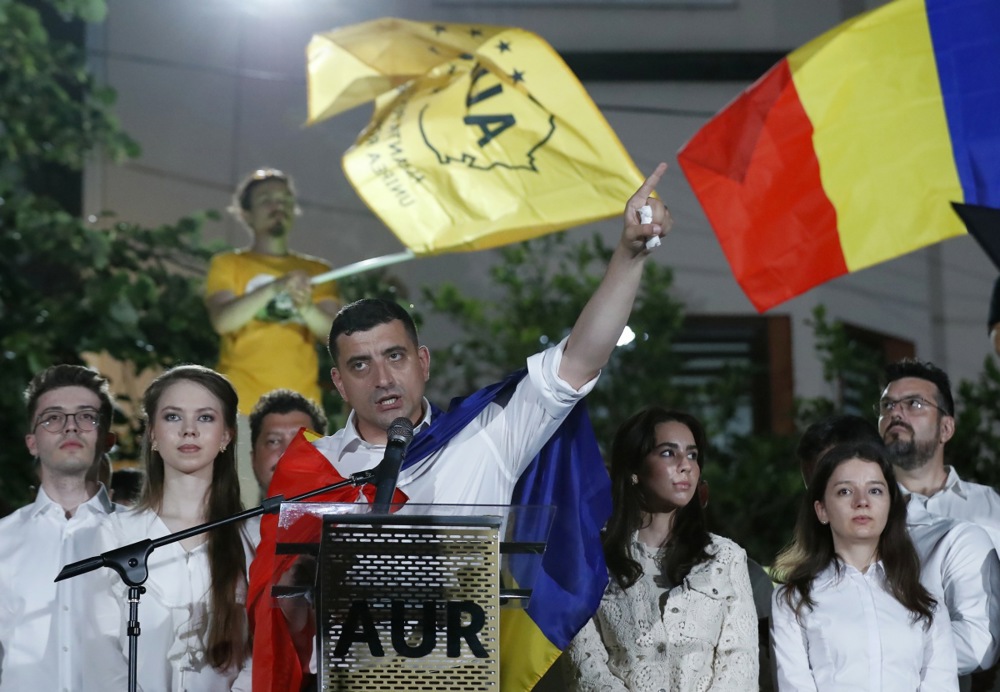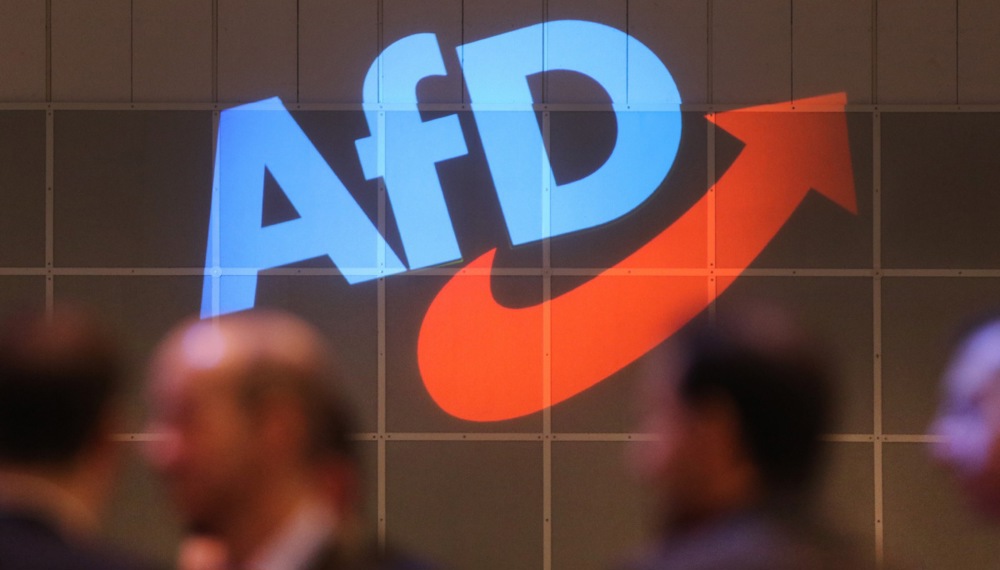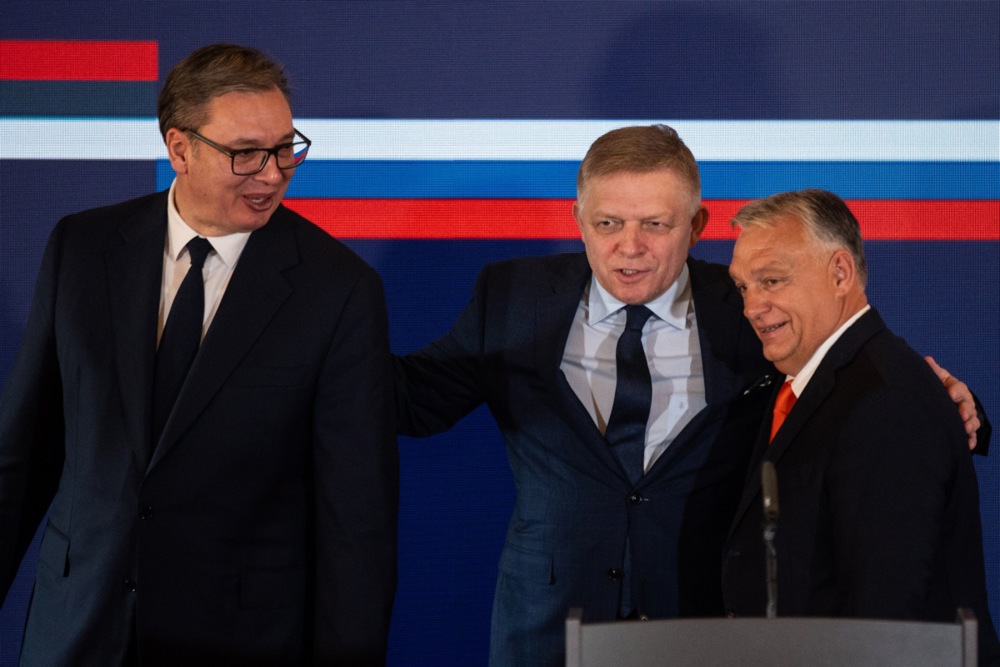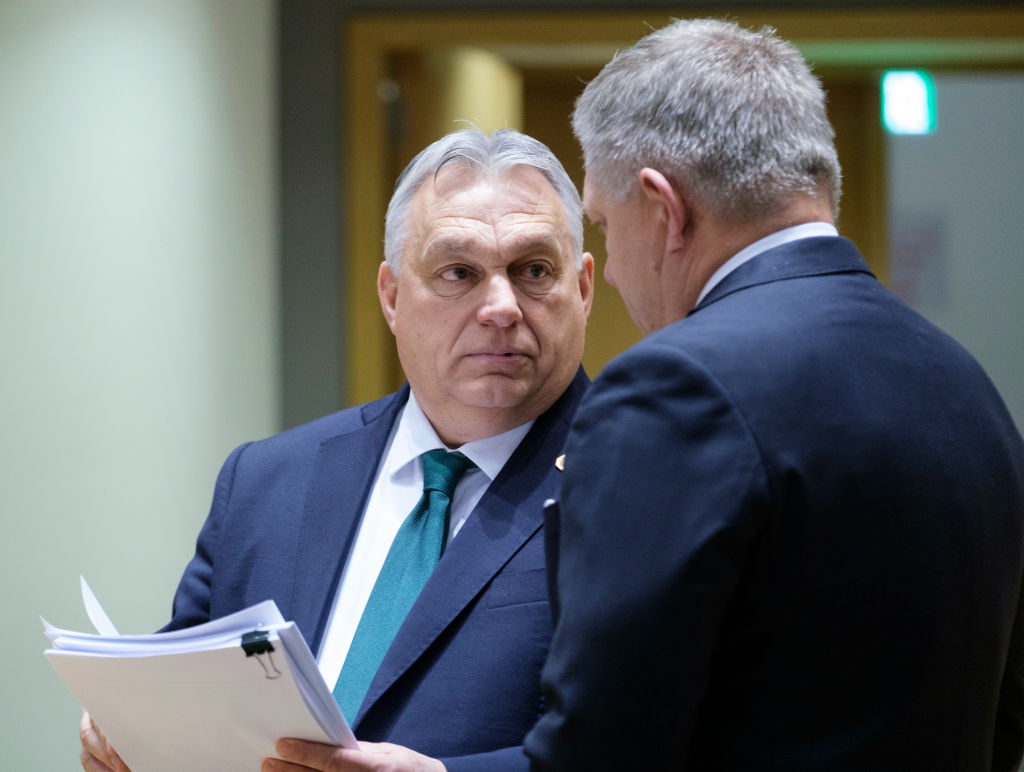According to the latest polls, George Simion’s right-wing nationalist Alliance for the Union of Romanians (AUR) party has evolved from a fringe movement during the Covid-19 pandemic to become the main opposition force in Romania in the upcoming first round of the presidential elections on November 24.
Founded five years ago, AUR has garnered support from the working class, the Romanian diaspora and young voters disenchanted with traditional parties, establishing itself as a critical player in the country’s political landscape.
Recent reports indicate that Simion, 38, has a strong chance of advancing to the second round of the elections on December 8, where he would face the current Prime Minister, Marcel Ciolacu, who remains the frontrunner in the polls.
Simion has framed the elections as a choice between “traditional politicians beholden to foreign interests” and his nationalist vision. “We represent the forgotten citizens, those left behind by the usual parties,” he stated during a rally in Târgoviște, northwest of the capital Bucharest, on November 21.
The AUR leader has drawn international attention for his political stances. He has vowed to halt Romania’s military aid to Ukraine, contrasting with Bucharest’s current role as a strategic ally of Kyiv.
“I strongly condemn Russian aggression and consider Putin a war criminal,” Simion told the press. “However, Romania must prioritise its security and retain its defence systems.” Despite this, he has said he supported continuing humanitarian and logistical aid for the country.
Simion’s message, combining nationalist rhetoric with criticism of Brussels, has resonated with disaffected domestic population segments. He has effectively utilised platforms such as TikTok, where he has amassed over 10 million likes, to amplify his message.
“My interest as a political leader in Romania […] is to have a good image of Romania, promote an open Romania,” he said. “A Romania that has strong ideas, that can also provide transparency.”
On the international stage, his discourse has aligned with leaders including Hungarian Prime Minister Viktor Orbán. He shares a critical stance towards European Union institutions, which he has described as “a greedy, corrupt bubble.”
At the economic level, he recognizes that it is important to be open to international partnerships. “Our companies need to export more, our companies need to enhance know-how. I am interested in technological partnerships and transfers,” he explained.
Simion’s political platform includes reunifying Romania with its pre-Second World War territories. That has led to him being declared persona non grata in Moldova and Ukraine.
In contrast, his main rival, Marcel Ciolacu, has embraced a pro-Western platform to strengthen ties with the EU and NATO. Analysts have noted that while Ciolacu is the favourite to win, a potential Simion victory could signify a radical shift in Romania’s foreign policy, steering it closer to nationalist models such as Hungary’s.
“They’ve called me a spy, a traitor, pro-Russian, just like President Donald Trump,” Simion said.
“These are labels from a desperate political class trying to distract from the real issues: the lack of infrastructure, lost jobs, and the poverty they have created.”





